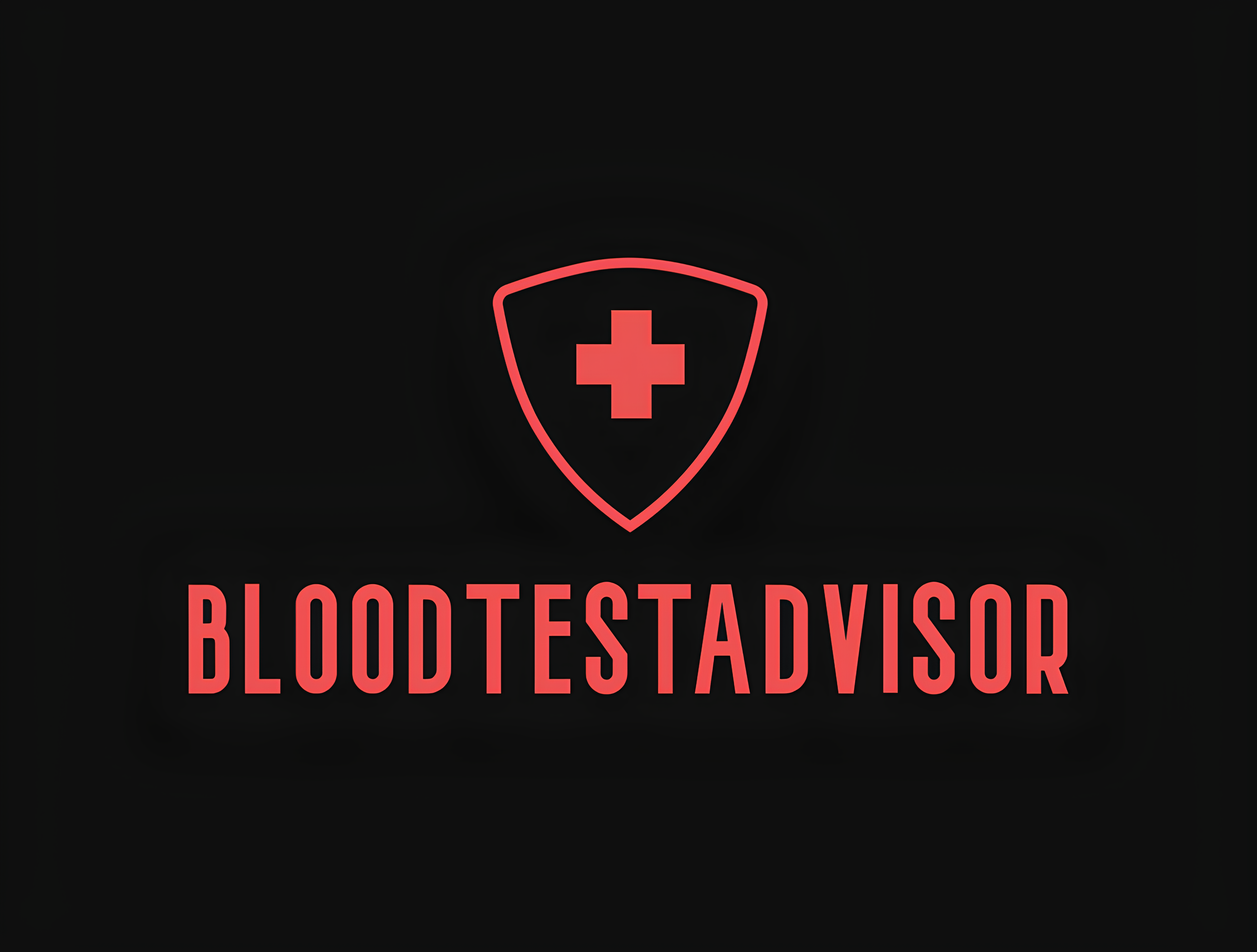Why Knowing Your Blood Type Matters: A Critical Component of Emergency and Preventive Care
Knowing your blood type isn't just a medical formality—it’s a vital element of emergency preparedness and preventive healthcare. Understanding your blood type can make a life-saving difference in critical situations and plays a crucial role in optimizing blood resource management and patient safety.
The Importance of Blood Type Knowledge
Transfusion Compatibility
Ensuring blood compatibility during transfusions is crucial to prevent life-threatening reactions. Identifying a patient's ABO and Rh type enables healthcare providers to select the appropriate blood products quickly, reducing the risk of adverse outcomes. Considering that over 50% of patients have a blood type other than O, accurate blood typing is essential for effective blood management (Nambiar, 2017).
Emergency Preparedness
In trauma care, having immediate access to accurate blood type information can significantly improve survival rates. Rapid ABO typing allows healthcare providers to administer type-specific blood products, conserving the limited supply of universal donor blood for those most in need (Kwasny et al., 2023).
Impact on Patient Outcomes
Research indicates that blood type can significantly influence patient outcomes.
1. Mortality Rates in Trauma Patients
Patients with blood group O, especially those who are O Rh-negative, tend to exhibit higher 30-day mortality rates following traumatic injuries. This highlights the importance of early blood type identification in trauma care to implement targeted interventions (Li et al., 2023).
2. Personalized Treatment Plans
Understanding the physiological variations associated with different blood types can guide more effective treatment strategies. This personalized approach can optimize patient outcomes, particularly in emergency scenarios
Innovations in Blood Typing Technology
Modern advancements in blood typing technology have made the process faster, more accurate, and less invasive.
1. Non-Invasive Blood Typing
Emerging techniques utilize image processing algorithms to identify blood types without traditional lab testing. This method is especially beneficial in emergencies where rapid, non-invasive testing is crucial
2. Genotyping and Microarray Technologies
Recent developments in genotyping and microarray technology provide more comprehensive blood group analysis, overcoming the limitations of conventional serology. This approach is particularly valuable in diverse populations and enhances transfusion safety and efficiency

Public Health Implications of Blood Type Awareness
Blood type knowledge extends beyond individual care; it plays a significant role in public health. Accurate blood typing helps in:
Optimizing Blood Resources: Early blood typing enables a shift from universal donor products to type-specific ones, conserving precious blood reserves.
Ensuring Equitable Healthcare: Access to reliable blood typing can reduce disparities in emergency care, ensuring that all patients receive appropriate transfusions.
.
Conclusion: Take Charge of Your Health
Whether in an emergency or during routine medical care, knowing your blood type can be a lifesaving asset. With advancements in blood typing technology, accessing this vital information has never been easier. Stay informed, get tested, and be prepared—because your blood type could be the key to saving a life, including your own



